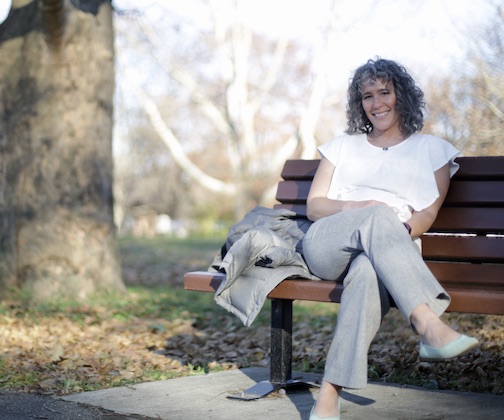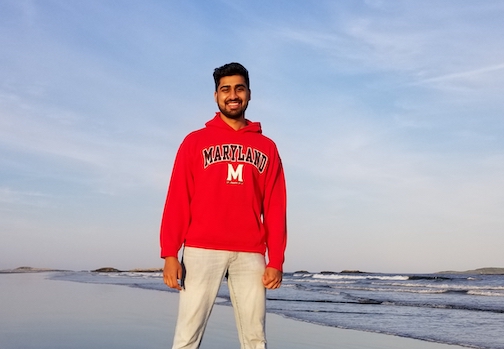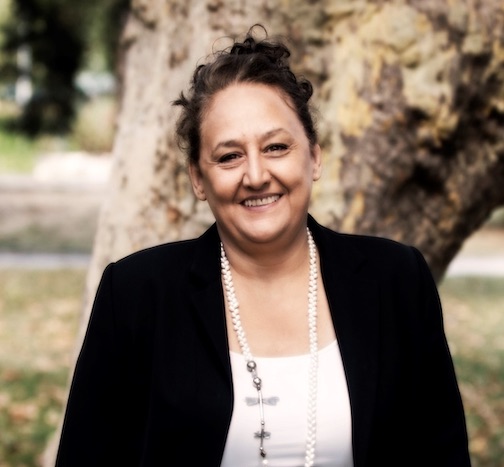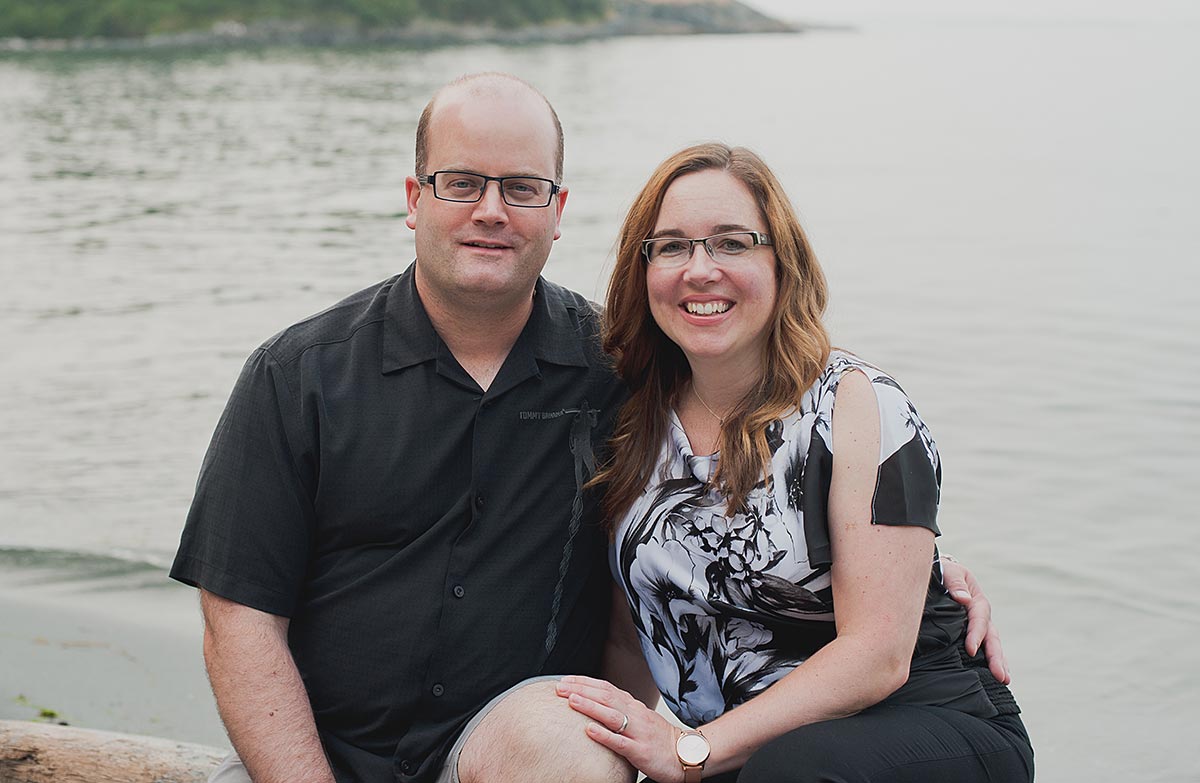Tell us about your backgrounds. Where are you from, and what paths have you taken to get to where you are now?
Colin: I was born in British Columbia, Canada and met Sara in medical school at Western University. I've been a radiologist for 17 years, working in Prince Edward Island, Alberta, and most recently in Victoria, BC.
Sara: I was born and raised in New Brunswick, Canada. Since moving to the beautiful west coast of Canada and founding Physicians for Physicians with Colin, I have started working in medical education and continue to follow my interest in physician wellness.
How did Physicians for Physicians get started, and what does it provide physicians?
Sara: Around 2013, Colin was experiencing physical and emotional exhaustion, and felt he could not recover, no matter how much time off he had. He loved what he did, but not how he had to do it. He started to dread going to work and felt he had lost all autonomy, control and flexibility, in a very busy radiology group practice.
We had to create the change we wanted to see in our lives, look at our values, what wasn’t working, and what was important to us, and then design the life we desired. We moved to Victoria as part of a major lifestyle change that would allow us to reduce our work hours and live a healthier, family-focused lifestyle.
Colin: We wanted to share our experience and knowledge of physician burnout and the importance of physician wellness, in the hopes of supporting our colleagues. For a long time, we provided a weekly newsletter to share information. Now we focus most of our attention on social media, which is our main way to reach physicians. We’ve also done outreach locally with medical learners.
We’ve learned that like any other humans, physicians want to be seen and heard. Our goal is to let physicians or medical trainees know that we understand their experience. When we connect with physicians, locally and over the phone, we seek to truly listen to their stories. We act as sounding boards and provide insights from our work, making physicians feel heard and helped.

What advice would you give to a physician struggling with burnout?
Sara: One coping mechanism that can become ingrained during medical training is to push through and keep going, no matter how difficult it is. That can happen with burnout symptoms; the inclination may be to minimize the severity of stress and think it can be overcome by working harder. It can also be difficult to recognize burnout symptoms, as its insidious nature can mask as something else. Sometimes it takes someone else to help you recognize it, as when I pieced together what was happening with Colin.
Colin: A physician experiencing burnout needs help from a spouse or friend to brainstorm solutions; help from an administrator to alter a work schedule or environment; or help from a healthcare professional, such as a therapist or physician. One of the best ways for a friend, family member, or colleague to help someone with burnout is to be a sounding board.
Another strategy is learning to set boundaries and say “No.” Physicians are very high achievers, and may continue to take on extra demands and requests that come their way. Setting boundaries is a form of self-care that can go a long way in both recovery from and prevention of burnout.
Kinnected’s Global Health Network is focused on creating a way for practitioners to connect, similar to your work with Physicians for Physicians. What role do you think community plays in our mental health and wellbeing?
Colin: Community is such an important part of our mental health and well-being. There is such power in knowing you’re not alone in your suffering, and that other people can relate to what you’re going through. Shared experiences can be transformative.
What are the biggest challenges in your work?
 Colin: Fortunately, it seems difficult to come up with a list of challenges, but for me, work isolation would be one. Radiology is a more isolating career than other specialties, but is even more so for me now, as my partnership is virtual.
Colin: Fortunately, it seems difficult to come up with a list of challenges, but for me, work isolation would be one. Radiology is a more isolating career than other specialties, but is even more so for me now, as my partnership is virtual.
Sara: I made the difficult decision to stop practicing clinical medicine once we moved to Vancouver Island in the summer of 2017, so the challenge has been the periods of missing patient care and interaction. Our challenges are now far outweighed by leveraging our medical degrees in the ways that best suits us.
What are your favorite parts about your work?
Colin: Through teleradiology, I have regained three critical aspects that I felt I lost previously: autonomy, control and flexibility. It feels I’m making an impact in areas that would otherwise be challenged to deliver radiology coverage. Despite this remote way of practicing, I’ve made true connections with colleagues.
Sara: I have the opportunity to be involved in the education of the next generation of the medical community. It’s so inspiring to be reminded of why we went into medicine through the eyes of a medical student.
We have both enjoyed connecting with people around the world who are all interested in the health and well-being of physicians. It has also opened up in-person opportunities. It is so rewarding when you can connect with people one-on-one.
What’s the most impactful advice someone has given you? And what advice would you pass on to our readers?
Sara: Years ago, I created a plaque for Colin with this quote from Steve Jobs:
“I have looked in the mirror every morning and asked myself: If today were the last day of my life, would I want to do what I am about to do today? And whenever the answer has been ‘No’ for too many days in a row, I know I need to change something.”
Colin: Eventually, ‘No’ became the answer on most days, so we knew we had to figure out what needed to change and how to change it. Consider this question in your own life, and don’t be afraid to create and make changes towards designing the life you want.
Want to get in touch with Colin and Sara? Check out their website, and blogs, here.
More Stories from Kinnected

At times, it has been really frustrating to be a strategist and health communication professional and witness the lack of strategic planning and messaging that we have over the last two years.
-
3 years ago

"What many people miss is that emotional exhaustion among clinicians existed long before the pandemic."
-
4 years ago

"A lot of people argue whether technology is good for the future of humanity or bad. In my opinion, it is both - just as an herb could be a poison or a medicine."
-
4 years ago

